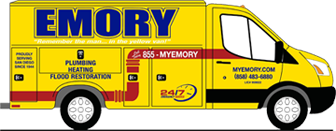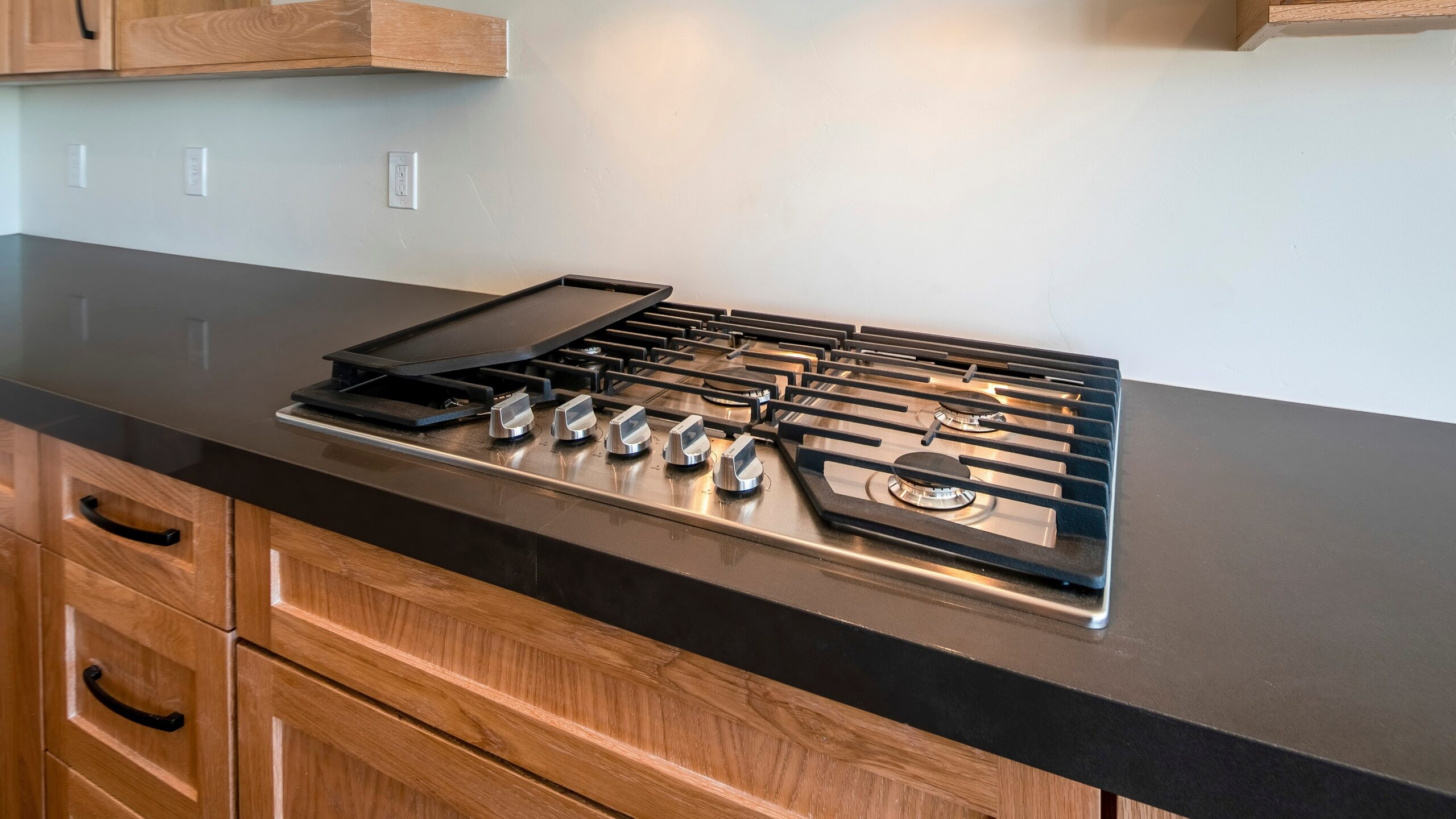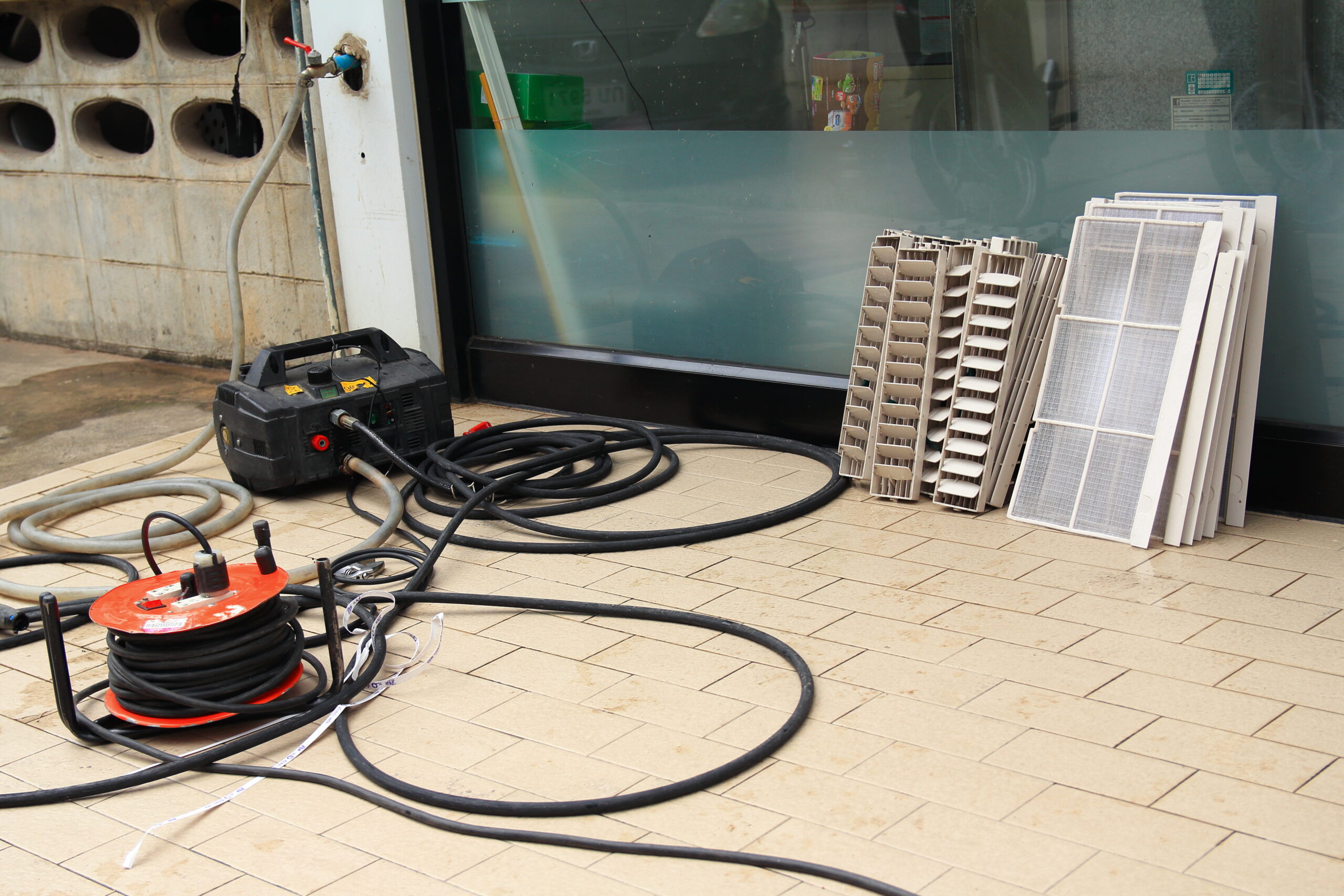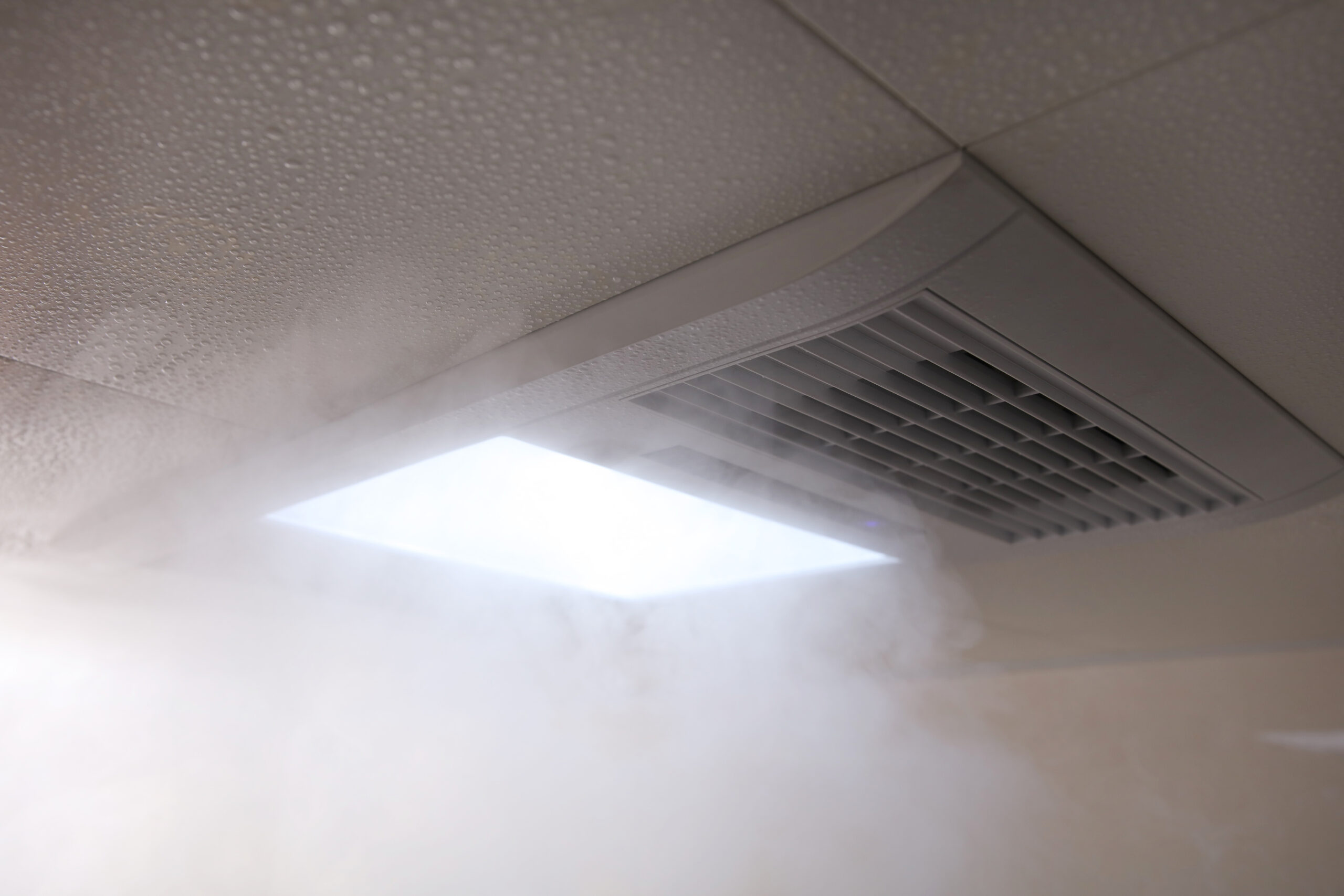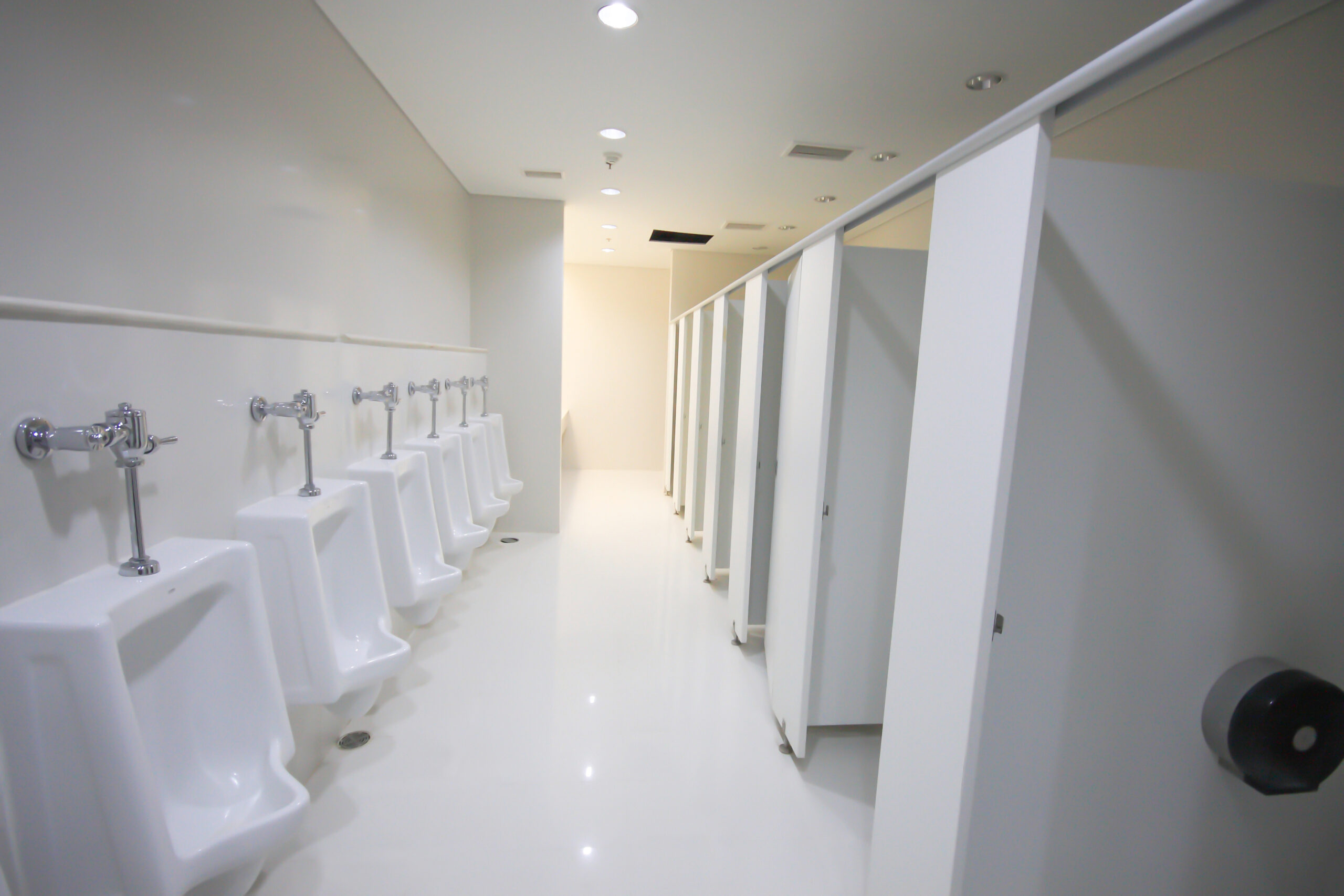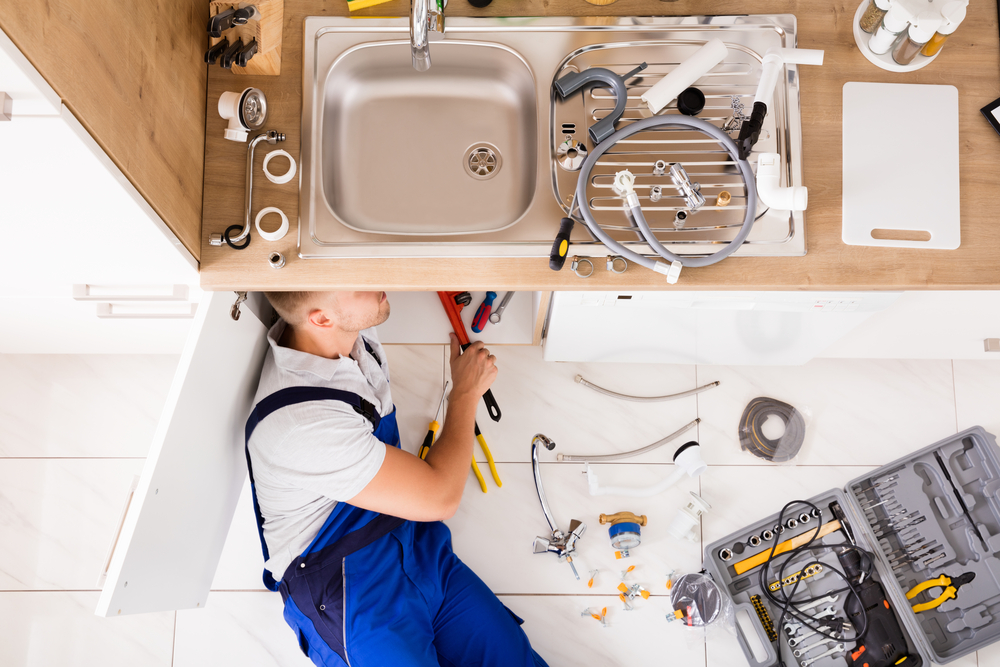Kitchen upgrades are one of the most common projects for southern California homeowners, and if you’re considering installing a new gas stove, you may have wondered “do you need a vent for a gas stove?” Understanding whether or not you need to vent a gas stove is essential for the safety of those in your home. We’ll look at what a vent is if you need one for your stove, and how you can install it. We’ll also look at a trusted local resource to help you get your project done quickly and correctly.
What Is A Vent For A Gas Stove?
A gas stove vent, also known as a range hood or exhaust hood, is a venting system that helps exhaust smoke, steam, grease, and odors from your kitchen. They work by using powerful fans to draw air up into the hood, where it is either filtered and recirculated or vented to the exterior of the building.
Do You Need To Vent Your Gas Stove?
There are a few reasons why you need a vent for your gas stove. The most significant reason is that it helps to improve the air quality in the kitchen by helping to quickly remove smoke, steam, vaporized grease, and odors from the general area. For those with respiratory conditions or serious allergies, keeping the air quality inside the home optimal keeps health-related issues to a minimum.
Additionally, a vent hood that provides gas stove exhaust can help prevent the accumulation of potentially harmful gasses like carbon monoxide. They also help keep the kitchen cleaner overall, by helping to sequester vaporized grease and grime, before it has a chance to settle on any nearby surfaces. This is along with the smoke-removal functionality that also contributes to cleaner surfaces and better indoor air quality.
Understand Local Building Codes & Regulations
In most areas of southern California, San Diego in particular, there are significant building codes and renovation regulations related to gas stoves that need to be adhered to, and they can vary considerably by county and city. It’s critical to check with the local building authority to get up-to-date requirements for your specific project to avoid running afoul of local laws and codes. Generally speaking, most building codes will require that range hoods be installed according to the manufacturer’s instructions and that they are vented to the exterior of the building via ductwork.
How To Install A Gas Stove Vent
Installing a gas stove vent is a relatively complex process that can take up an entire post by itself. However, we’ll go through the general process here so that you know what’s commonly going to be involved. The first step is that you’ll need to determine where the vent will be located, and how you’re going to route the exhaust from the source to the vent.
Then, you’ll need to measure and cut the openings for your ductwork in the walls and ceilings it needs to pass through. This can be a challenging step that requires input regarding load-bearing structure alterations. Then the hood will need to be installed according to the manufacturer’s instructions, followed by the range. This can take several hours, or several days, depending on the scale and scope of the project.
Partner With Emory Plumbing To Keep Your Gas Installations Safe
As you can see, you do need a vent for a gas stove, and they can provide several benefits as well. You can also see that installing one isn’t a quick or particularly simple task, and needs to be done in accordance with local codes. To avoid the trouble and hassle of doing it yourself, why not partner with one of the leading gas installation experts in southern California, Emory Plumbing? Reach out to Emory Plumbing today to get started.
